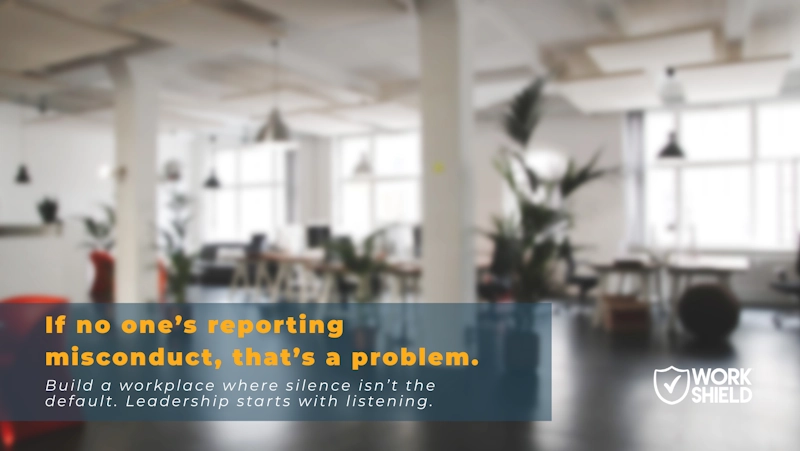Building a workplace with a healthy, positive culture means hiring team members to add and enhance this workplace mentality. Each new employee has the power to enhance your vision and fulfill your mission, so it’s important to keep culture at the forefront of the hiring process. Not only will hiring the right culture fit add to overall team morale, but it has the potential to improve productivity, engagement and retention. Also, an organization’s culture can deter or draw talent, as 46% of job seekers who considered, but did not apply for a job, did so because they didn’t feel it was the right culture fit, according to an Indeed survey. Finding employees that align with your mission and values is crucial for both job applicants and employers. Here are a few factors to consider when hiring with a culture-first mindset.
1. Define and communicate your company culture.
For employers to hire the right culture-fit teams, they must first have a grasp on what exactly their culture is. With 77% of Glassdoor survey respondents saying they would consider an organization’s culture before even submitting a job application, businesses must have a clearly defined culture. If you can’t articulate your values and mission, then how will job seekers understand if they’re the right fit? Once your organization has a set of defined values to support a positive culture, ensure they are articulated internally to the entire team and externally via a culture website page, promotional materials and of course – job descriptions. Additionally, make it a point to discuss workplace culture during the initial interview process and invite candidate questions specific to this topic.
2. Offer candidates a peek into your organization’s culture.
An interview is the perfect opportunity to allow job candidates a glimpse into your workplace culture to help them understand whether or not the role is the right fit. In fact, a recent survey shows that 40% of people say that the interview process strongly influences their opinion of a role. Consider training hiring managers on how to lead a genuine discussion on company culture with candidates, and prepare them to answer questions with specific examples on how the organization lives out the culture on a daily basis. This also portrays transparency, which is valued by 90% of job seekers when accepting a job offer, according to a Glassdoor study. Also, for in-person roles, be sure to give candidates a tour of the office where they can see workspaces and meet their future colleagues, and then follow up with questions on how they felt about what they saw and learned along the way.
3. Include DEI in the hiring process.
Diversity, equity and inclusion must be a part of hiring the right culture-fit employee. Before setting out to hire new employees, confirm that you have an inclusive recruitment process that gives equal opportunity to all candidates. While you want all team members to fit one culture, you do not want all employees to be the same. Teams with diverse backgrounds and experiences create highly productive teams with desired outcomes. Keep in mind, hiring for a culture fit does not mean hiring those of the same age, gender, ethnicity, health, or family history. Hiring workers with shared core values should equate to building a diverse team.
4. Keep the communication line open after hiring.
The culture fit discussion should not end at the offer letter. It’s important to include workplace culture introductions in the onboarding process to instill the values discussed during the interview, and dive deeper into the meaning behind your core values and behaviors that reinforce them. This additional time within the first few days of employment spent discussing company culture is another layer to ensure everyone is on the same page, and it affirms the investment in the new hire, as the average employer in the U.S. spends about $4,000 and 24 days hiring a new employee. Taking extra time to explain and answer questions about workplace culture is well worth it.
As employers fill open positions and strive to build teams that are excited about an organization’s mission and values, it’s important to consider the right culture fit from the beginning. The early interview stages are a time to learn about more than skills and experience – harness these conversations to ensure that you’re onboarding workers who align with your team’s culture and will enhance the overall mission, diversity and forward-thinking trajectory. At Work Shield, we keep great cultures protected through our tech-enabled platform that manages reporting, investigations and resolutions involving workplace misconduct.





